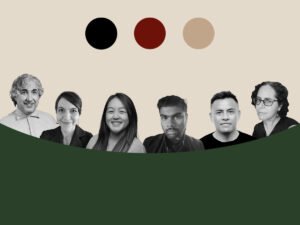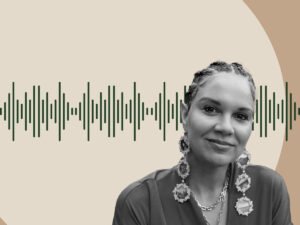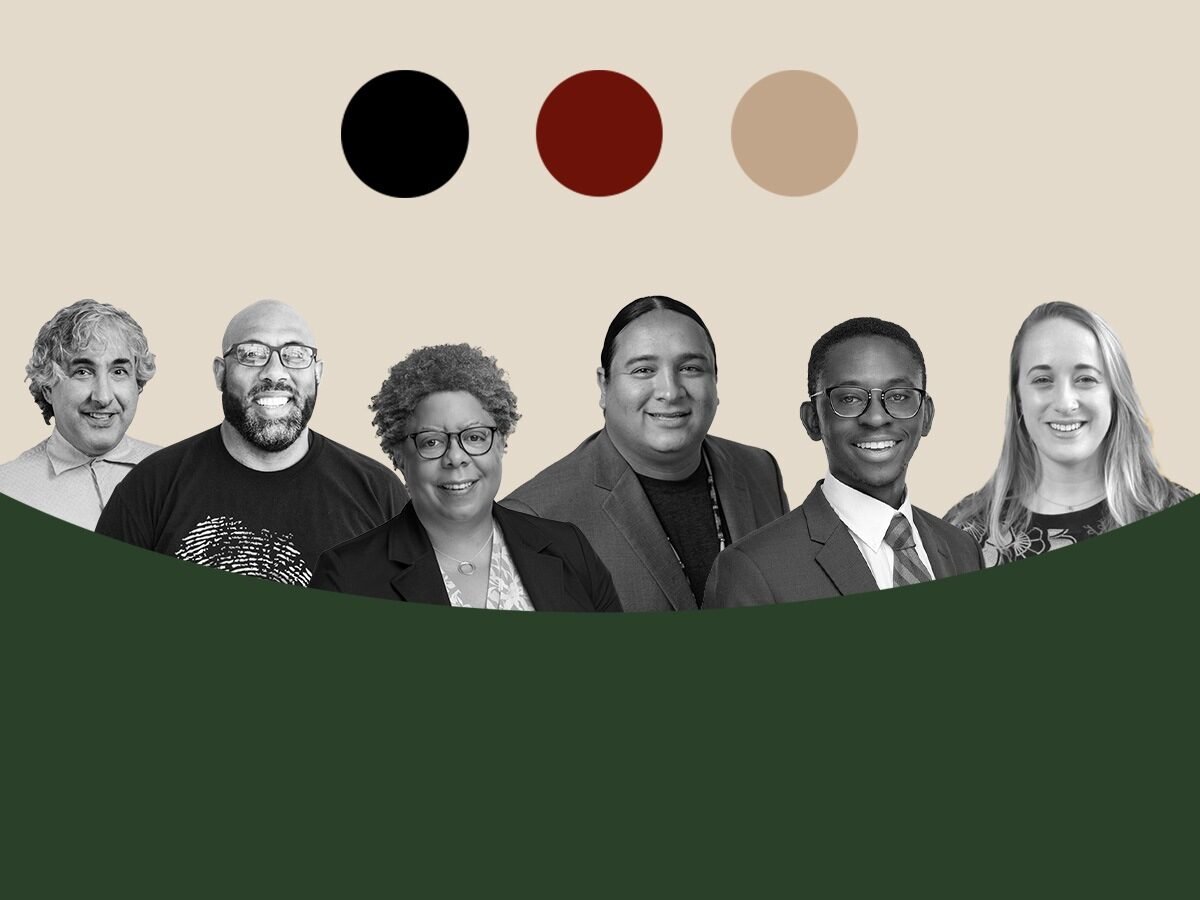Click here to download slides.
In this webinar, mutual aid practitioners in the Twin Cities, Chicago, and Atlanta discuss the past, present, and future of mutual aid. In the midst of COVID-19, mutual aid networks have emerged across the country. But what is mutual aid? And how does it connect with broader movements for economic democracy and a solidarity economy?
Addressing these issues are three panelists:
Danielle Mkali is director of Cooperatives, Transformation, and Healing at Nexus Community Partners in St. Paul, Minn., where she is helping disburse $3.1 million in funds raised during the uprising that followed the murder of George Floyd.
Mike Strode serves as a solidarity economy organizer in Chicago, Illinois, for the Kola Nut Collaborative, a mutual support network of people who are engaged in the reciprocal exchange of services, skills, and goods through a timebank system.
Dr. Yolande Tomlinson is a radical queer Black feminist Mama, educator, writer, and community builder who serves as co-director of the Organization for Human Rights and Democracy and is a co-coordinator of the Metro Atlanta Mutual Aid Fund.
In this webinar, you’ll learn about:
Sign up for our free newsletters
Subscribe to NPQ's newsletters to have our top stories delivered directly to your inbox.
By signing up, you agree to our privacy policy and terms of use, and to receive messages from NPQ and our partners.
- The main features of mutual aid, and how it differs from charity, with a focus on the centrality of mutual aid norms of reciprocity.
- Models from past eras (such as the late 19th century) when mutual aid was common and which help inform mutual aid work today, with an eye toward lifting up variants from the United States, Africa, and Latin America.
- Some of the mechanics and challenges of distributing mutual aid to people amid a crisis, and the need to build infrastructure quickly when the pandemic hit.
- Strengths and weaknesses that nonprofits bring to mutual aid work.
- Ways nonprofits and philanthropy today support mutual aid today.
- Challenges that have emerged in mutual aid work to date.
- The importance of building trust and relationship-based organizing to establish and extend mutual aid networks.
- How mutual aid not only seeks to address resource challenges today, but also helps set the foundation for a more just and sustainable economy tomorrow, including links to efforts to build cooperatives and other forms of business based on principles of solidarity and democracy.
Resources
Steve Dubb, “As Relief Payments Decline, Community-Based Mutual Aid Expands,” NPQ, October 27, 2020.
Samuel Karlin, Molly Keller, Janelle Orsi, Tia Katrina Taruc-Myers, Erika Sato, Chris Tittle, and Charlotte Tsui, Mutual Aid Toolkit: FAQs from Mutual Aid Organizers, Oakland, California: Sustainable Economies Law Center, August 2020.
Steve Dubb, “In Twin Cities, Mutual Aid Groups Surge after George Floyd Murder,” NPQ, August 11, 2020.
Rob Meiksins, “Neighbors and Colleagues Help and Find Help in Mutual Aid Funds,” NPQ, August 6, 2020.
Ruth McCambridge, “On Mutuality and Reciprocity as Systemic Medicine for What Ails Us,” NPQ, July 16, 2020.
Ed Whitfield, Sohnie Black, Alexandria Jones, and Marnie Thompson, “Beyond More: The Transformative Potential of Mutual Aid,” NPQ, May 21, 2020.
Steve Dubb, “Masks, Mutual Aid, and Our Broken Supply Chains: A North Carolina Story,” NPQ, April 13, 2020.













